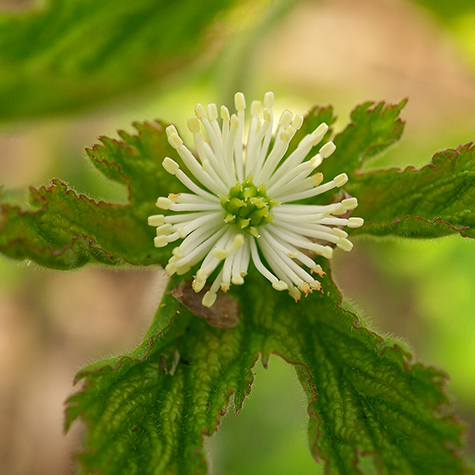Berberine: Good for Your Heart, Obesity and More

Commonly known as a natural compound that may help treat diabetes, (see Foodtrients® article“Does Berberine Fight Diabetes” ) that’s not all berberine is known for. A bitter alkaloid compound found in several plants including barberry, goldenseal, and Oregon grape, it can also be important for enhancing the immune system during cold and flu season. Berberine also contains anti-bacterial properties and is often prescribed as a treatment for small intestinal bacterial overgrowth (SIBO). It has a long history of medicinal use in Ayurvedic and Chinese medicine.
Medicidally, berberine is used for:
- Heart failure
- High cholesterol levels
- High blood pressure
- Polycystic ovarian syndrome (PCOS)
- Diarrhea
- Hepatitis
- Nonalcoholic fatty liver disease (NAFLD)
- Menopausal symptoms
- Obesity
- Metabolic syndrome and treating high blood sugar
- Osteoporosis
Berberine has tested safe at relatively high levels of two grams for up to eight weeks in human studies though a common dose is 200mg four times daily. It will generally be prescribed to treat a specific condition and isn’t a compound you would take long-term, daily, like some other supplements. Side-effects could include gastrointestinal discomfort like gas and constipation, or lowered blood pressure or blood sugar. It is not safe during pregnancy as it has the potential to cause uterine contractions.
As explored previously by Foodtrients®, berberine has been shown to be effective at lowering blood sugar in people with diabetes. This is likely also why it is effective for those with metabolic syndrome and PCOS and also supports lowering high cholesterol and even may help treat obesity. Because of its powerful antibacterial properties, it has been shown to effectively treat diarrhea and intestinal parasites. Aside from acting against bacteria, fungus, and viruses, berberine also works system-wide as an anti-inflammatory, calming irritation in the body. At the same time, it stokes the immune system, warding off pathogens and illness.
Excitingly, there are studies about berberine’s anticancer effects. Lab research has shown that berberine reduces the proliferation of leukemia, myeloma, oral, esophageal, prostate, gastric and cervical cancers. It also has shown promise for stopping the spread of cancer in the body. More research is needed in this area but there may be some uses in this area in the future.
Berberine acts in some ways like a medication and may be prescribed by naturopathic doctors. For this reason, it does have some moderate and major interactions with medications that should be discussed with your physician before starting berberine. It interacts with both blood pressure and blood sugar medications as it also lowers these levels in the body and could cause a compounded effect. Because of its interaction in the liver, use caution with P450 medications including cyclosporine. Use caution as well with other supplements including those that thin the blood, lower blood pressure or blood sugar, or those that have sedative properties. Because it is an antibacterial, it may interact negatively with probiotics in food or supplement form, reducing their effectiveness.
ResourcesHave you ever tried berberine for medicinal use? Let us know about your experience in the comments!
Natural Medicines Database. Berberine. https://naturalmedicines.therapeuticresearch.com/databases/food,-herbs-supplements/professional.aspx?productid=1126. Accessed 11/29/18. Updated 8/15/2018.
The Berberine Herb Works in Many Ways. https://www.ncbi.nlm.nih.gov/pubmed/10767672. Altern Med Rev. 2000 Apr;5(2):175-7.


